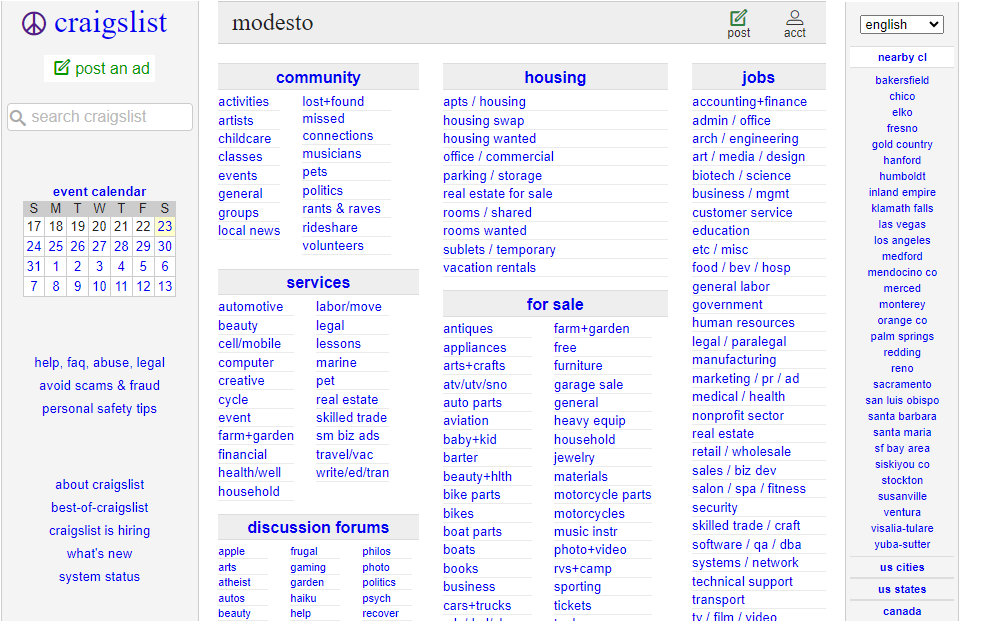The onset of the pandemic paved the way for the transition to remote work. The good thing is, recent technological advancements have provided numerous digital avenues for business ventures. Rather than reinventing the wheel, employers have noticed the shift in preferences and are instead looking to adopt a remote-first work mindset.
A remote-first organization is different from a remote-friendly organization. While the latter allows remote work with certain limitations, a remote-first organization considers remote working the primary option for every employee. While minimizing office expenses is an attractive perk of remote working, businesses can’t be remote without first setting up critical functional structures.
If you’re looking to run a remote-first business successfully, here are four essential tips:
1. Invest In A Dependable Digital Infrastructure
In a remote setup, digital infrastructure is the glue that keeps everything running together. As a combination of all the technology, databases, and platforms required to execute work and manage the business, your company’s digital framework should be impeccable. Choosing the right tech and software applications for your business takes extensive research.
From cloud software and project management tools to communication tools and payroll software, there’s a lot that constitutes a digital infrastructure. For instance, payroll software is crucial to avoid any payslip mishaps detrimental to employee productivity. There are numerous payroll software applications in the market today, as noted by https://www.thepaystubs.com/blog/human-resources/best-payroll-software. Establish platforms that can integrate before purchasing any subscriptions.
2. Employ a Committed HR Team
Human resource management is as critical in a remote setup as it is in a physical setup. Managing HR in small businesses is relatively simple, and you could handle it yourself, but as your business grows, it’s crucial to hire a dedicated team to handle it for you. This way, you can focus on growing your empire.
An HR team manages employee hiring, training, onboarding, contractual agreements, and other tasks unrelated to your managerial responsibilities. It’s challenging to keep tabs on such aspects when managing large companies or rapidly growing businesses. Ensure you vet the HR team members thoroughly and settle for disciplined, skilled, and loyal employees.
3. Incorporate Non-Simultaneous Collaboration
In a remote-first system, some employees may live in different time zones all over the globe, and therefore, will have varied work hours. How do you maintain workflow? You need to master asynchronous teamwork management, where multiple workers perform the same task independently at different times without affecting the final product.
Nonsimultaneous collaboration is critical to maintaining steady workflow in a remote-first organization. When incorporating such a framework, one helpful tip is using a centralized documentation tool, where employees can continuously update work progress, company policy, and delivery deadlines. It will help keep everyone on the same page.
4. Streamline Communication Channels
Communication is one aspect of business that takes a significant hit during the transition to remote work. Luckily, technological advancements allow for streamlined communication channels between individual workers wherever they are. Remote-first companies need to come up with communication platforms that allow individual contributions without overwhelming the individual inboxes.
Effective communication tools such as Slack have gained popularity as channels used for communication between remote workers. While such platforms have benefits, other public platforms for public messages streamline communication and achieve asynchronous collaboration. Choose a platform suitable for your employees and business.
Build a Successful Online Business
At first, running a remote team could be a daunting task, but with the right processes put in place, you’ll be on your way to building a flourishing business. Remote work allows for better work-life balance while withstanding the limitations of the pandemic. Let your employees fit their work into their lives and not vice-versa. This way, you’ll get highly motivated and highly productive employees, as your company enjoys the fruits of their work.








Add Comment